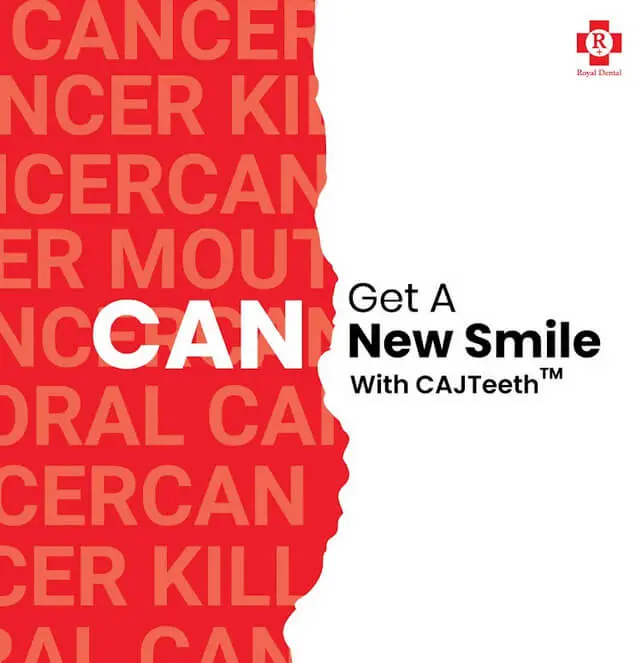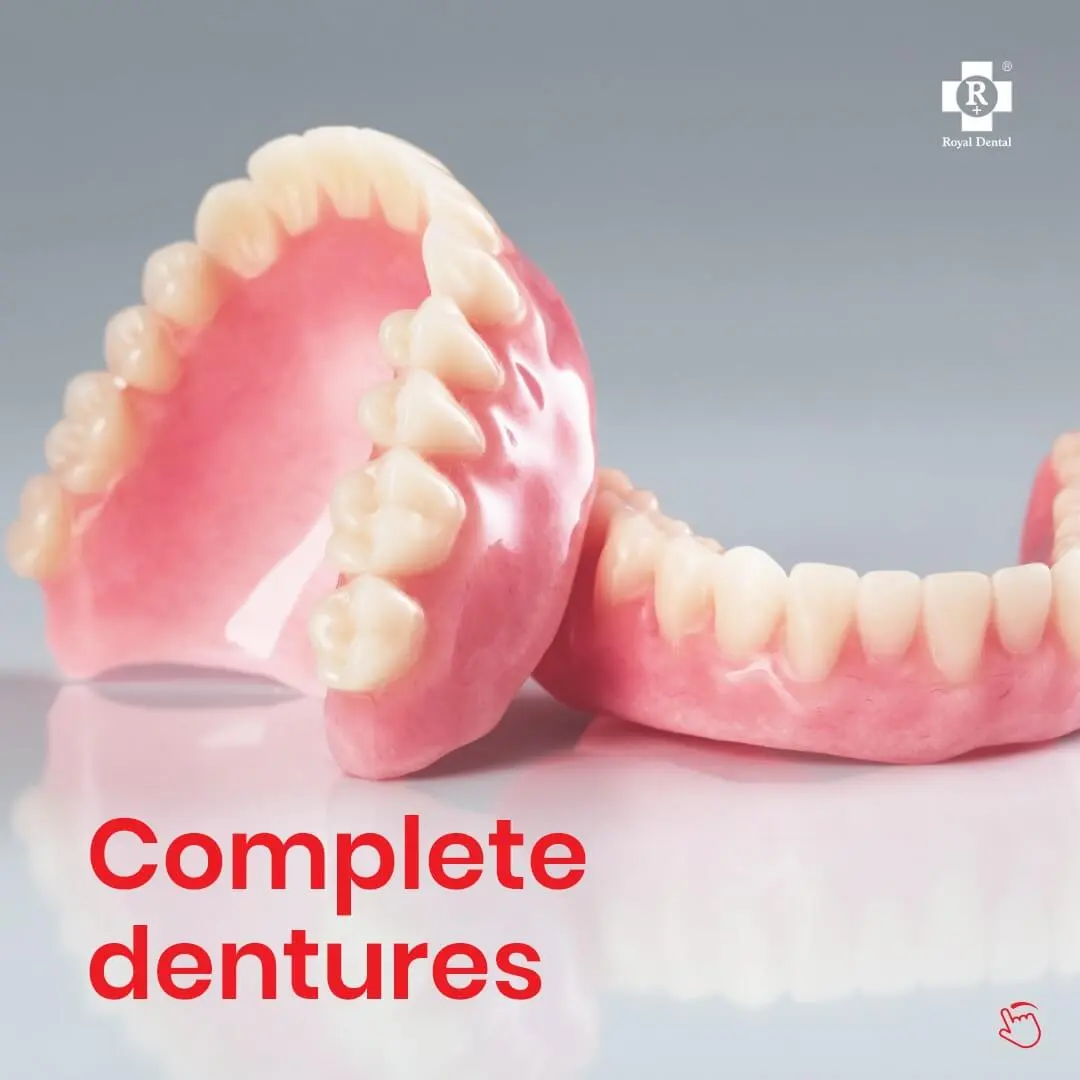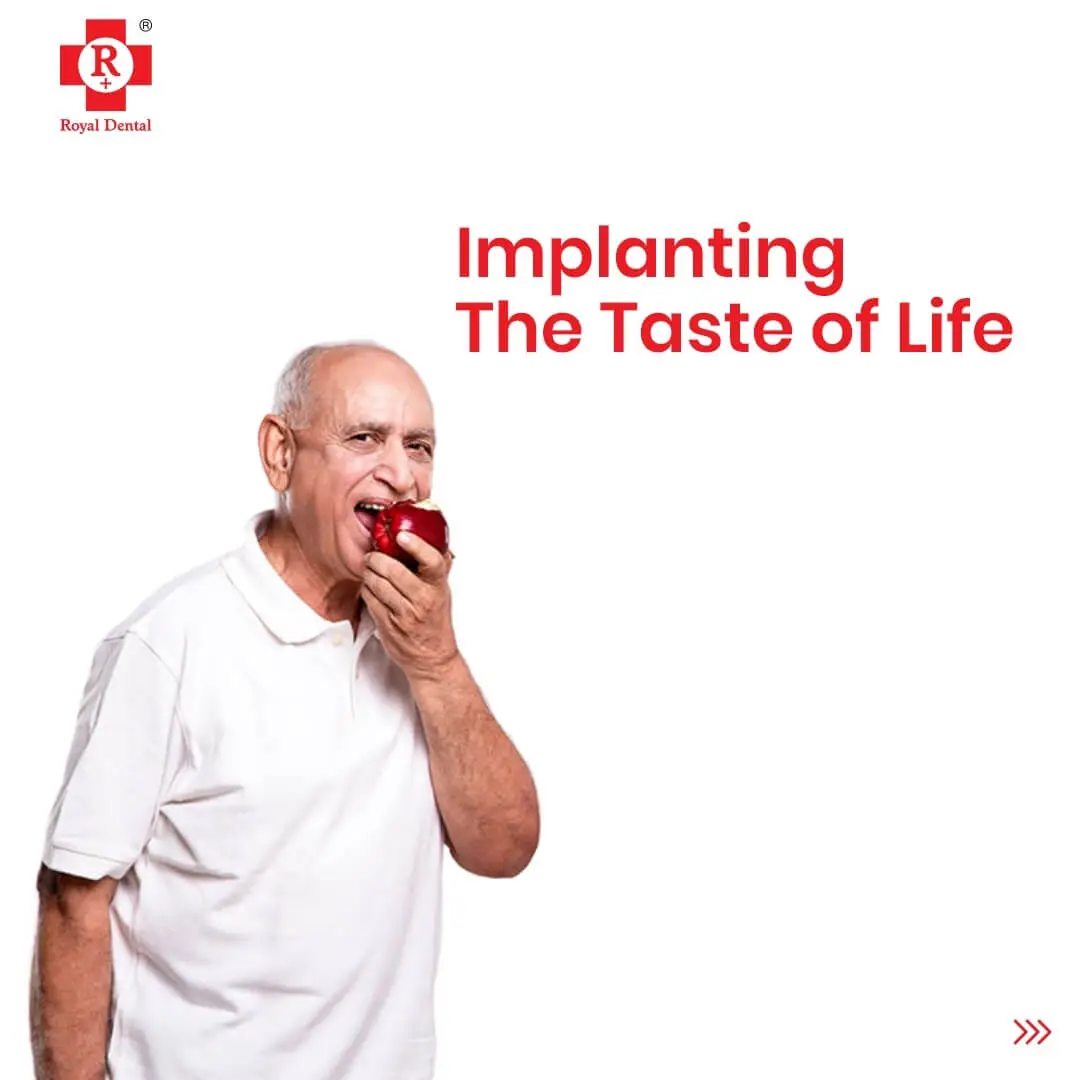Cancer of the mouth most often begins as a small ulcer or lump on the tongue, cheek or gums as one of the primary Signs And Symptoms Of Oral Cancer. Statistically, at least 75% of those diagnosed with Oral Cancer are tobacco users. Those who smoke and drink have a 15 times greater risk of developing oral cancer than others. Chronic irritation from a sharp tooth is also known to initiate these changes.
Thirty percent of total cancers in India are from the Head and Neck region compared to 5% in the western world. Tobacco, betel nut and ‘paan’ chewing, and smoking and alcohol abuse are the reasons for the increased number of oral cancers in the Indian subcontinent.
Even today, oncologists treat most of the cancers that affect the jaw. These oncologists have no dental background! The Oral Surgeon can successfully cure oral cancer, but the quality of life may be affected due to various factors. One such reason could be the inability to chew food due to the removal of the jaw. With the help of Oral Rehabilitation, the patient will be able to restore all the teeth in his mouth.
Early detection of oral cancer can be frightening, but early detection is the key to a better diagnosis by the Dental Oral Surgeons. Oral cancer can develop anywhere inside your mouth, especially in the jaw regions.

Oral cancer surgery can affect the taste and texture of food in the mouth. It may make food taste metallic, like metal or blood, or not like anything. Sometimes, the tongue is removed completely, and there is no sensation for over two months.
It is a partial myth that the taste sensations are only on the tongue. Research shows that the tongue contains the majority of the taste buds. However, around 10 percent of taste buds are also located along the mouth. In cases of injury or damage to the tongue, these other taste buds become active. This may provide a more realistic taste.
Food may taste different, especially bitter, sweet, and salty foods. Some foods may taste bland, and some may feel the same. You may taste metallic or chemical, especially after eating meat or other protein foods. Understand all the Causes Of Tooth Cancer in advance to avoid repercussions later.
Different people experience different levels of difficulties after surgery. Sometimes, your mouth may be numbed, or you may not be able to taste food. Other times, you may experience difficulty swallowing. It can take a few weeks to a few months for the taste and feel of food to return completely to normal.
The most important thing is to start slowly and not expect too much too soon. You must also continue making healthy food choices during this period. Ensure you get enough protein and other nutritional foods to maintain your weight and health while recovering.
One of the most important things to do after a diagnosis of oral cancer is to remove and replace, i.e., get your teeth back. Your teeth are vital to your life; you need them to eat, speak, and smile. Cancer treatments can destroy the bone in your jaws, leading to tooth loss. One of the most common questions patients have about oral cancer is, “Can I get my teeth back?”
The Oral specialist will take an impression for a full or partial denture and make a temporary dental bridge until your new teeth are ready. You may also need a prosthetic tooth or an implant if you’ve lost one or more teeth due to oral cancer. Implants may be the best option for those who want their natural-looking smile back as soon as possible. Implants provide a permanent solution that allows you to have all the natural-looking teeth you deserve without worrying about them falling out during treatment!
You may not realize it, but there is a chance that you could be ignoring the Dental Cancer Symptoms. The mouth has one of the highest rates of cancer among all cancers. Protecting yourself from oral cancer includes practicing good mouth hygiene and regular check-ups.
There are various Signs And Symptoms Of Oral Cancer and jaw cancer that vary by stages. For example, in the early stages, you may feel no symptoms or begin to feel some pain. Some jaw cancer symptoms you may experience include:
If you’re experiencing jaw cancer symptoms, your Oral Specialist may complete a full physical examination, including checking for lumps in your neck, mouth and cheeks, and gather your personal and family medical history. Oral and oropharyngeal cancers are linked to an increased risk of other types of head and neck cancers, so the doctor may also examine the larynx, behind your nose and the lymph nodes on the back of your neck.
If cancer is suspected, your doctor will likely refer you to an expert such as an ENT (ear, nose and throat doctor) or an otolaryngologist (head and neck surgeon) who will perform a complete head and neck exam in addition to one or more of the following tests.
CAJTeeth™ is a one-of-a-kind technology used at Royal Cosmognathic that allows for the restoration of teeth and tissue due to oral cancer. The rehabilitation of teeth allows for a more normal eating, jaw and oral function. Traditionally, dental rehabilitation after cancer treatment would be deferred by at least 2 years. But now, with the advancement in 3D technology, the teeth are restored at the same time as that of cancer surgery.
The CAJTeeth™ process begins with confirmation of the suspicion during a biopsy or surgical intervention. This treatment protocol at Royal Cosmognathic was established based on medical findings and patient needs. Post-treatment rehabilitation includes recommendations such as orthodontics, dietetics and speech therapy. As needed, as well as retention guidelines to ensure the stability and longevity of restored teeth.
Confirmation of treatment diagnosis. Biopsies and X-rays are some of the aids which the doctor uses to get a confirmation of oral cancer. Once confirmed, based on multiple factors, like location, size and aggressiveness, the consultant chalked a provisional treatment plan.
Oral cancers are curable with a nearly normal quality of life after the treatment if treated in time. Most of the oral cancers were removed with surgery and then reconstructed. In advanced stages of oral cancers, surgery may still attempt called salvage surgery. The surgery aims to get the best possible chance for survivability with good quality of life.
Cancer-affected jaw surgery with full mouth rehabilitation. Based on the prognosis and quality of life, surgery is planned and executed with the help of the expertise of an Oral Cancer and Rehabilitative Surgeon. Sometimes, pre-or post-treatment radiation therapy or chemotherapy is recommended.
The abnormal tissues were removed during the treatment, and reconstruction was done to recreate the lost tissues. Bone is replaced with bone, muscle with muscle and skin with skin. The teeth which lost can also be replaced with the help of metallic or non-metallic custom dental implants.
Post-oral cancer treatment rehabilitation. Oral cancer treatments are not merely a one-time procedure and cure. It takes a big toll, especially on the mental health of the patient and the family. It is, therefore, important to understand post-treatment rehabilitation, which is the most important step in recovery. Certain lifestyle modifications are required, such as diet modifications and speech therapy.


CAJTeeth™ allows for the restoration of teeth lost due to oral cancer. The rehabilitation of teeth allows for a more normal eating, jaw and oral function. Traditionally, any dental rehabilitation is deferred by at least 2 years. But now, with the advancement in 3D technology, teeth can be restored at the same time as cancer surgery.
Oral cancer is a life-threatening disease that affects the oropharyngeal region of the head and neck. This type of cancer differs from other cancers because it can only be prevented through early detection. Oral cancer can also affect teeth, which can be managed with CAJTeeth™ technology.
Dental implants are the best option if you’ve had oral cancer. Why? Furthermore, because of the treatments, you’ll need to replace your teeth with dental implants. Replacing your teeth will help your face maintain its natural look.
Dental implants are a safe and reliable way to replace missing teeth. Furthermore, they are permanently anchored into the jawbone, which makes them long-lasting. Additionally, they help preserve facial structure by replacing missing teeth in the front of your mouth.
Dental implants are not solely used for oral cancer patients. They also benefit people with dentures or anyone who has lost their natural teeth due to age or accidents.
If you have had the unfortunate experience of being diagnosed with oral cancer, you have likely been told you’ll need dental implants to replace your missing teeth. However, this can be a difficult process for many people, but it’s necessary to rebuild your life following your diagnosis.
With minimal damage to his existing bone structure, and in just a few hours,
Royal Dental Clinics team restored his missing teeth with dental implants in one day. It is always an endeavour with Royal Implant to provide the best possible treatment in the least amount of time with our state-of-the-art equipment and qualified team of expert doctors. Furthermore, Cancer affected jaw treatment is later completed with teeth restoration to get the smile you have been waiting for.
Oral cancer treated by the Oral Specialist is one of the most feared cancers because it can destroy your face. Oral cancer treatments often involve removing parts of your mouth, tongue, and jaw. After that, a permanent open wound in your mouth makes it hard to eat. Furthermore, dental implants are the best option for people who have had oral cancer treatments or surgeries. They are metal posts that work as artificial teeth roots to hold dentures or false teeth in place.
First things first, take care of your new teeth.
Patients with oral cancer surgery would wear dentures or prosthesis post-surgery to replace their missing teeth. This must be taken care of for the rest of their lives. It is a severe process, that's why we recommend approaching only the best Dental Oral Surgeons.
Even though this is a more comfortable option, prosthesis can still cause problems and require some upkeep. For example, they may slip out of place and must be readjusted by the patient or your dentist. Sometimes, they may need to be refitted if they become loose or start to irritate the mouth because of shifting after eating difficult foods like peanut butter beef jerky or chikki.
The prosthesis can also come loose and fall out occasionally if you’re not careful with them. It would be best if you always came for follow-ups, as most prosthesis would require minor bite adjustments periodically.
79, V Mall, Thakur complex , Rd, Asha Nagar, Kandivali East, Mumbai, MH 400101, India.
Phone: +91 99712 90903